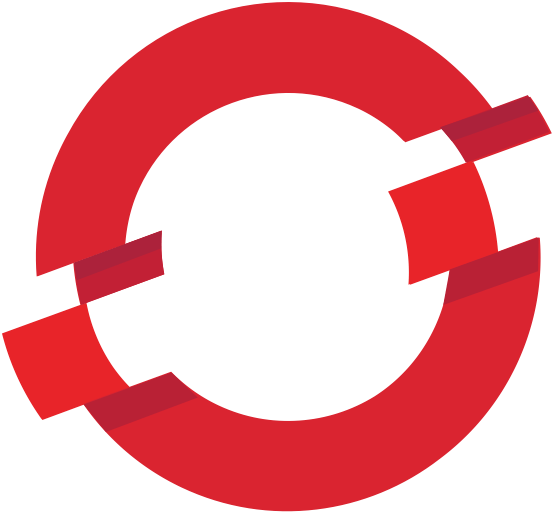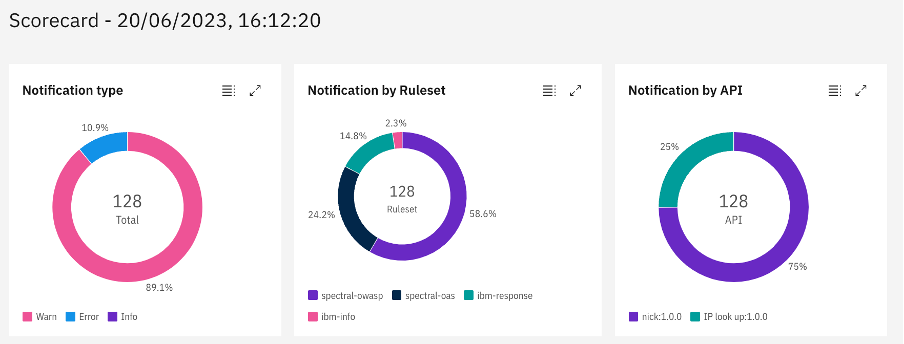| API CONNECT | |
 | If an API is published and no one is told, does it have value? |
API Consumers, the only API Success CriteriaAPI Consumers are what dictate the value to an API Estate. This document goes through the key values of an API and how focusing on the consumer allows an API to be successful. |
|
|
|
|
| API CONNECT | |
 | API Connect - Rest call to retrieve APPs and Consumer Org information. |
API Connect has two Rest Interfaces, one for consumer users the other for provider users. This article will go through how to retrieve applications with the provider (platform) api. |
|
|
|
|
| API CONNECT | |
 | API Connect decommissioning a gateway service |
In API Connect you can have multiple gateway services. I have written about how to add one before but not how to decommission on that is no longer needed. |
|
|
|
|
| API CONNECT | |
 | API Connect registration without access to an external load balancer. |
In API Connect 10.0.5.3+ and 10.0.6.0+ we can register sub systems without the need for an external load balancer. This is only possible for Kubernetes, OpenShift and CloudPak for Integration. |
|
|
|
|
| API CONNECT | |
 | API Governance Video |
Quick video to show the initial API Governacne function. |
|
|
|
|
| API CONNECT | |
 | Deep Health check against the API Manager |
Deep health check of the API Manager It is important for a load balancer to know if the application is running. Deep health checks are used to validate that not only webpages are running but also the underlying application is working. |
|
|
|
|
| API CONNECT | |
 | API Connect's Native API Governance capability - Part 2 - enabling it |
In APIConnect 10.0.6.0 the governance function does not come automatically enabled. It must be enabled by modifying the CR. |
|
|
|
|
| API CONNECT | |
 | API Connect's Native API Governance capability - Part 1 |
API Governance is something I have talked about for a long time. Governance is a large topic but today we will cover standards and API Consistency. I have written a few times about API Consistency and its importance. |
|
|
|
|
| API CONNECT | |
 | Custom Policy with xslt |
Recently I was asked to provide a sample custom policy for APIC that contained an XSLT. |
|
|
|
|
| OPENSHIFT | |
 | 0/9 nodes are available: 9 node(s) had volume node affinity conflict |
When deploying a kubernetes application and a pod displays an event with
There are two common reasons for this. |
|
|
|
|

|
| ABOUT | APICONNECT | API | DATAPOWER | OPENSHIFT | EVENTSTREAMS | INTEGRATION | DAY2-OPS | ACE |



